Keywords: Australian Religious Thought
-
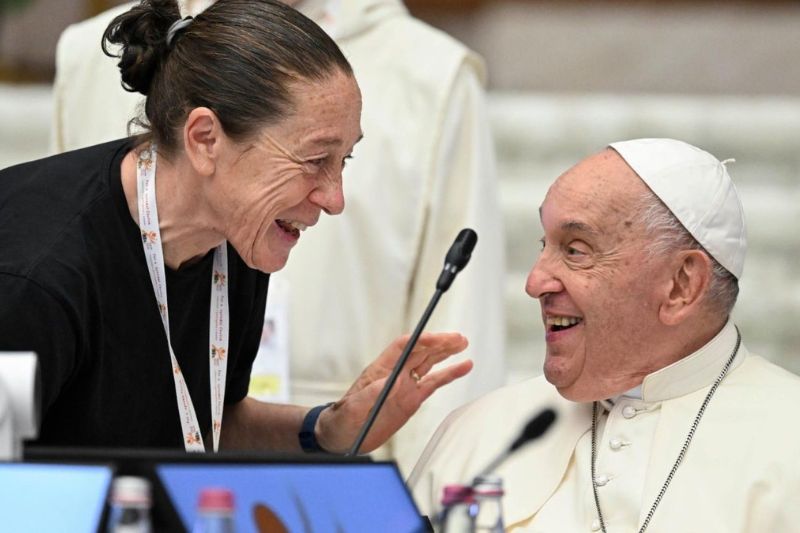
RELIGION
- Bruce Duncan
- 14 November 2024
14 Comments
The Synod is possibly the most important event in the Catholic Church since the Second Vatican Council. And despite its focus on internal Church reform and participation, can it effectively address broader social and moral issues in the world while still promoting a more inclusive and accountable Church?
READ MORE
-
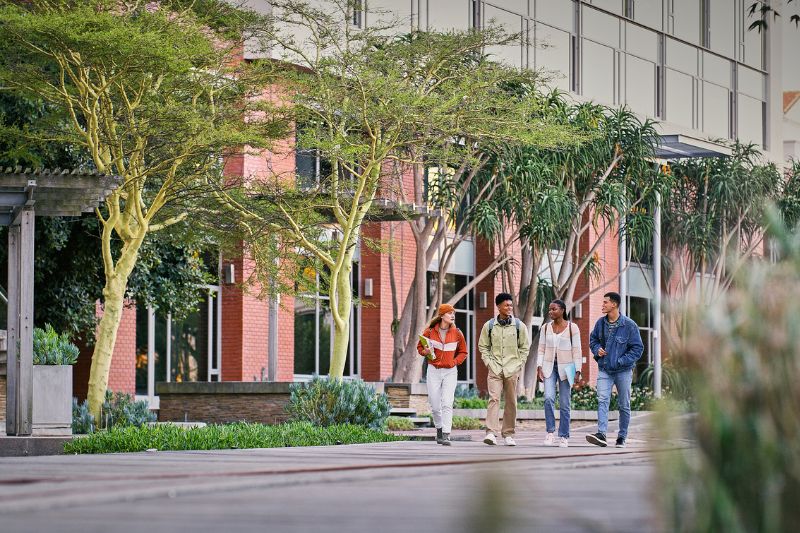
EDUCATION
- Erica Cervini
- 14 November 2024
4 Comments
At an ACU graduation event, students walked out in protest as Joe de Bruyn gave an address condemning abortion, single-parent IVF, and same-sex marriage. The event highlights tensions for Catholic institutions trying to balance traditional Catholic values while also embracing often opposing perspectives a diverse, pluralistic society.
READ MORE
-
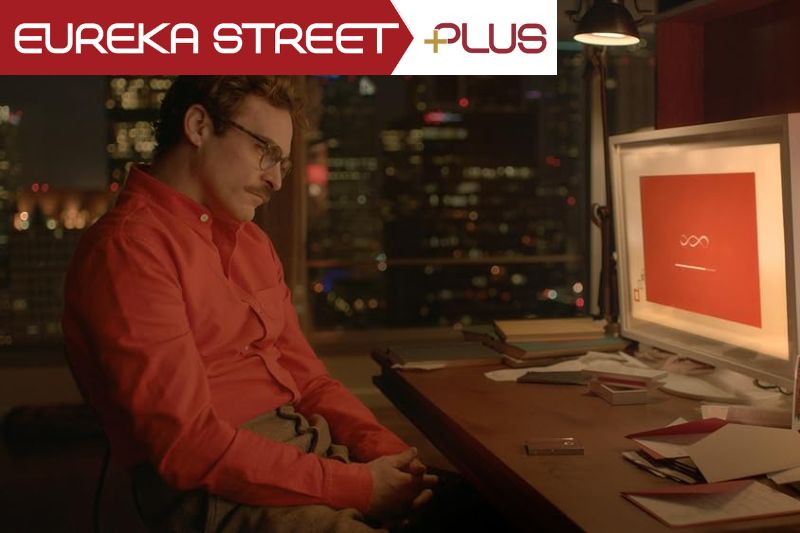
AUSTRALIA
- Daniel Nellor
- 25 October 2024
1 Comment
An AI-driven companion designed to connect with people living with dementia raises important questions about companionship, care, and the human experience. Can an AI truly replace the role of a human caregiver, or are we compromising what it means to connect?
READ MORE 
-
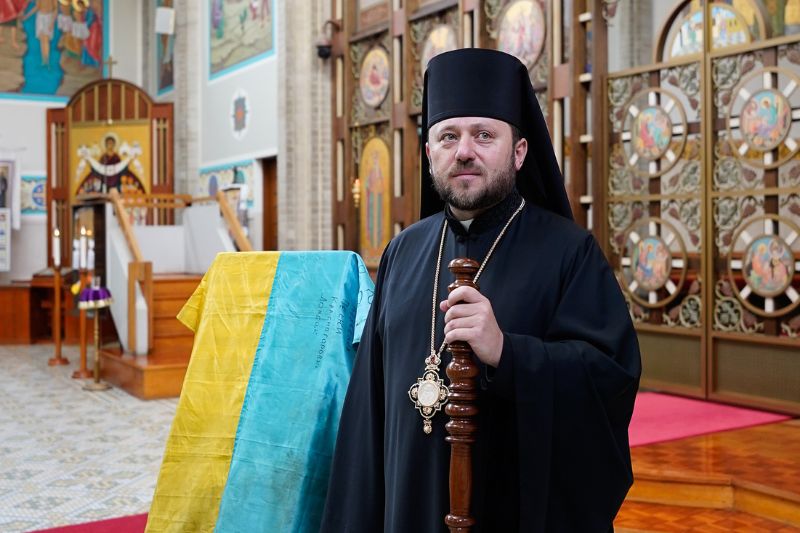
RELIGION
- Andrew Hamilton
- 14 October 2024
25 Comments
The recent appointment of Mikola Bychok as Cardinal caught many Australians off guard. Few are familiar with the Ukrainian Catholic Bishop from Melbourne, and his elevation challenges conventional notions of national identity, prompting reflection on who we consider 'one of us' and highlighting the Ukrainian community in Australia.
READ MORE
-

AUSTRALIA
- Frank Brennan
- 25 September 2024
3 Comments
The Government is making another valiant effort to rein in the adverse effects of ungoverned digital platforms. But in debating such a detailed bill without the backstop of a constitutional or statutory bill of rights recognising the right to freedom of expression, there are no clear guard rails for getting the balance right.
READ MORE
-
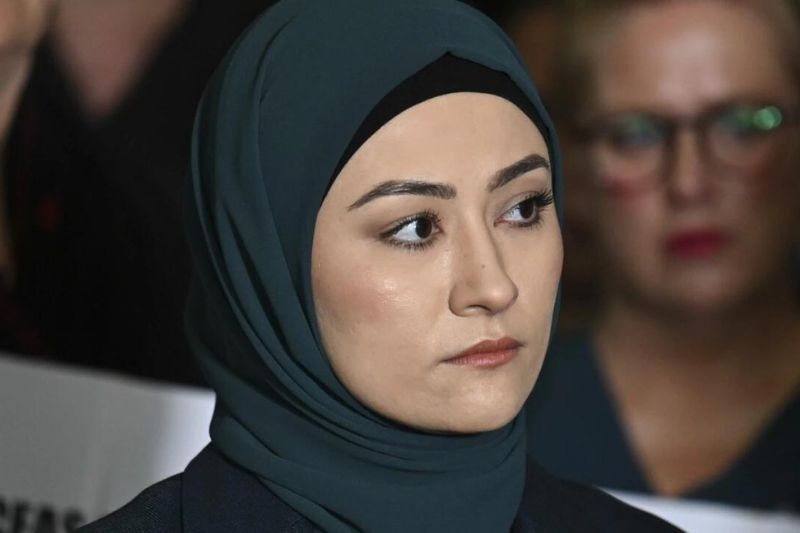
AUSTRALIA
- Binoy Kampmark
- 16 July 2024
2 Comments
Senator Fatima Payman's departure from Labor over a pro-Palestine vote and the emergence of 'The Muslim Vote' have reignited debates about faith in Australian politics. While PM Albanese cautions against religious influence, his stance overlooks the nation's history of faith shaping governance, raising questions about the feasibility of separating belief from policy-making.
READ MORE
-
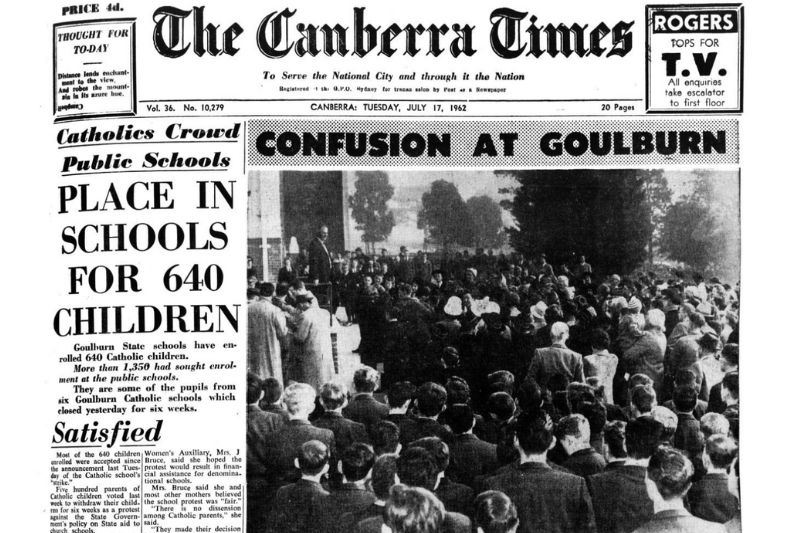
RELIGION
- John Warhurst
- 03 July 2024
8 Comments
In 1962, Goulburn was the centre of national attention when Catholic schools closed in protest over a lack of government funding and control. Students overwhelmed public schools. Could this happen again? An Australian archbishop suggests it as an option if religious freedom in Catholic schools is threatened.
READ MORE
-
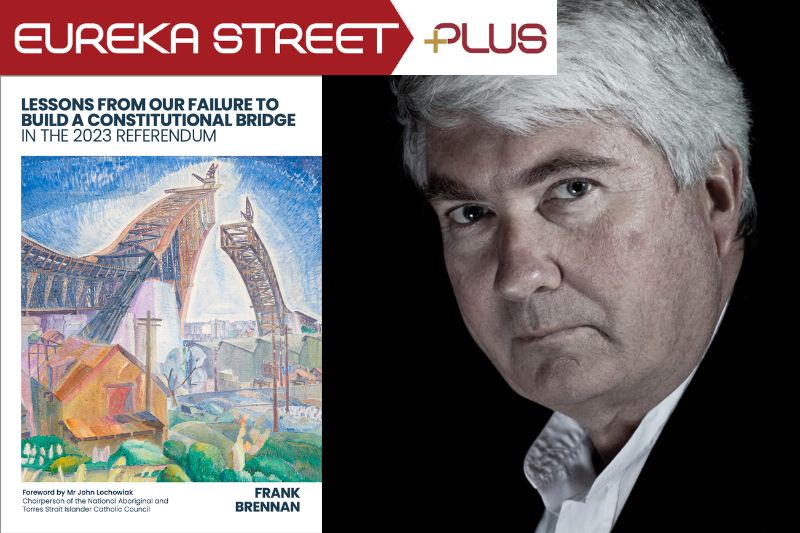
AUSTRALIA
- David Halliday
- 28 June 2024
13 Comments
It's been eight months since the Voice referendum, and people are starting to grapple with what its defeat means for Australia. There are few voices in Australia as qualified to conduct a postmortem of the outcome of the Voice referendum campaign as Frank Brennan. We examine what lessons can be learned and crucually, whether there’s reason for hope for Indigenous constitutional recognition.
READ MORE
-
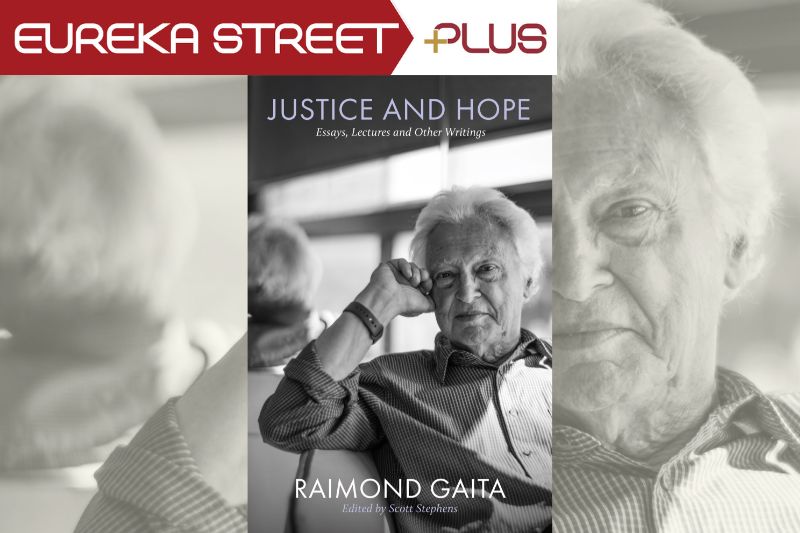
ARTS AND CULTURE
- Andrew Hamilton
- 07 June 2024
1 Comment
Raimond Gaita insists that there is something precious in each human being. He does not rest this conviction on a particular religious or philosophical grounding. It flows, rather, from a rich reading of human possibilities and questioning of the meaning of life.
READ MORE 
-
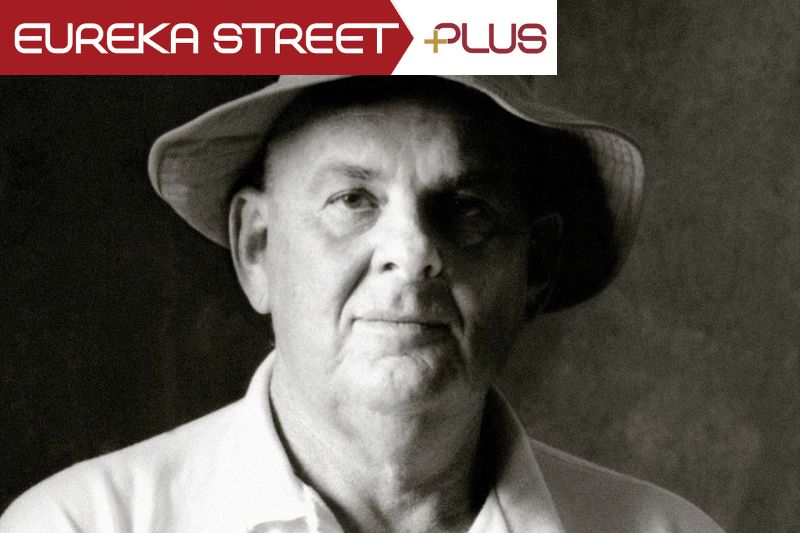
ARTS AND CULTURE
- Paul Mitchell
- 10 May 2024
2 Comments
Les Murray once confessed it was his mission to 'irritate the hell out of the eloquent who would oppress my people,' by being a paradox that their categories can’t assimilate: the Subhuman Redneck who writes poems. And therein lies the ‘poem’ of Les Murray: complex, contradictory, sublime, and sometimes ready to whip his enemies with a scorpion’s tail.
READ MORE 
-
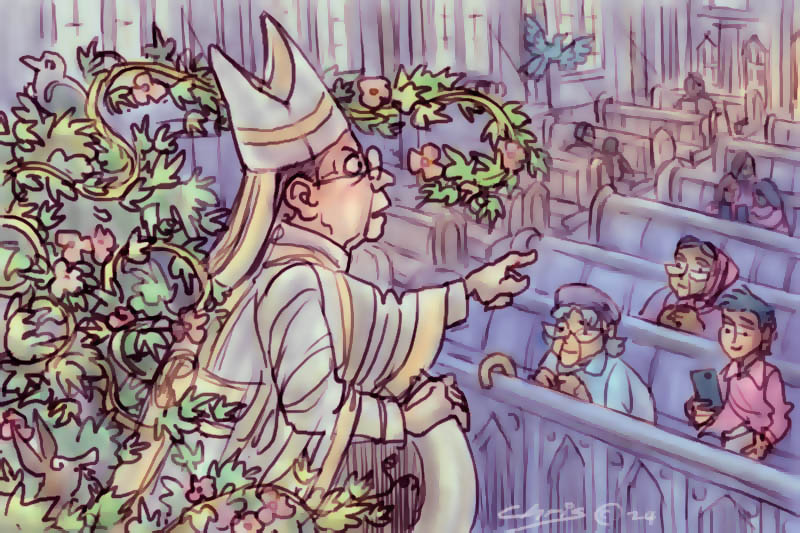
RELIGION
- John Warhurst
- 01 May 2024
33 Comments
The relationship between the Catholic church and the Greens has been one marked by near constant antagonism. Are there any consequences from this for either the church or the party?
READ MORE
-
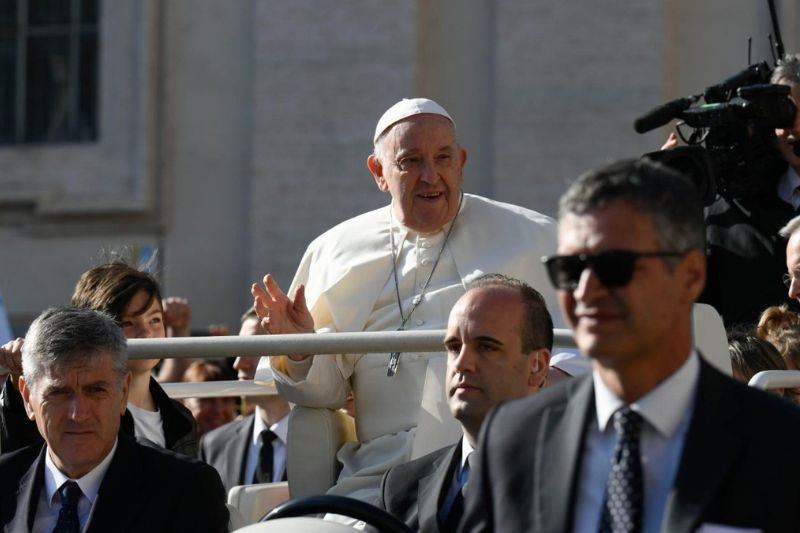
RELIGION
- David Kirchhoffer
- 18 April 2024
9 Comments
Though there are few surprises in Vatican document 'Dignitas Infinita', this summary of Pope Francis’s moral theology on dignity invites a reevaluation of our shared humanity in the face of an increasingly complex ethical landscape.
READ MORE